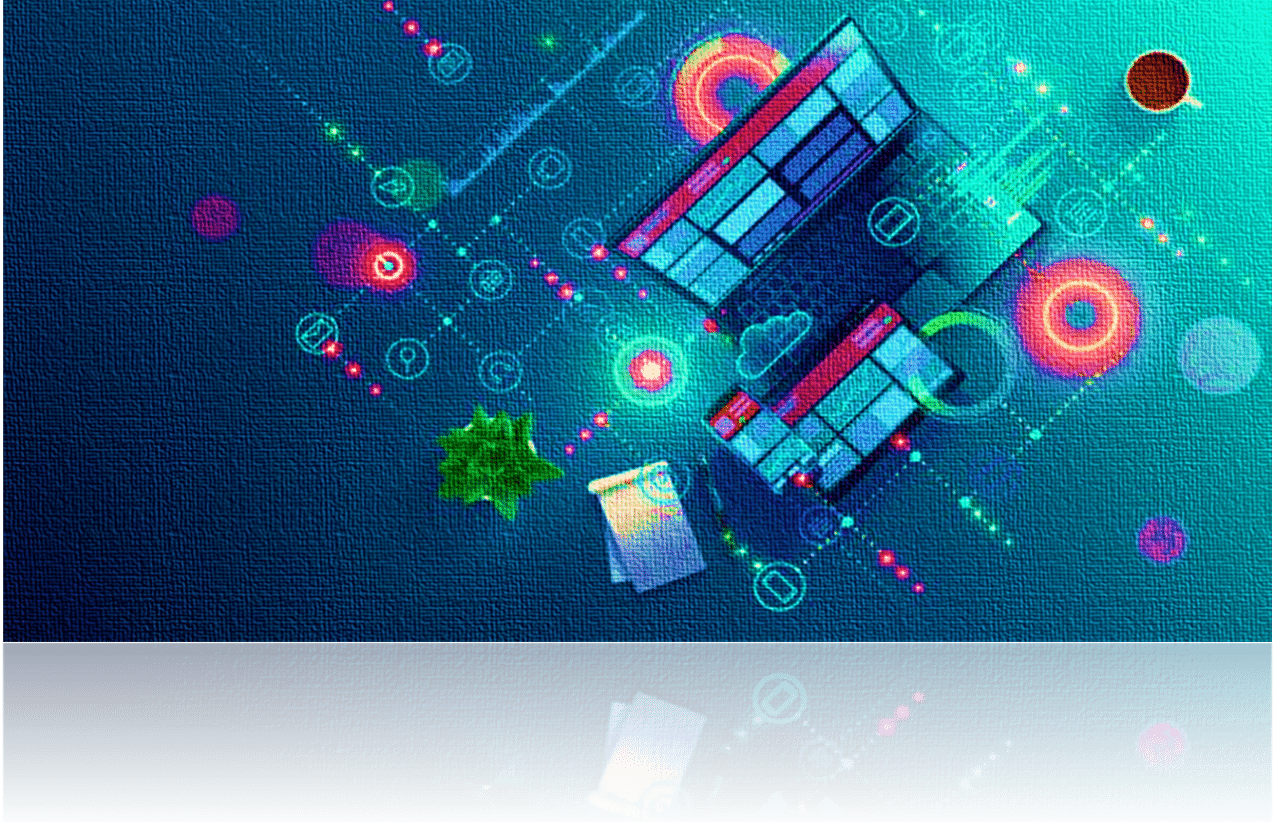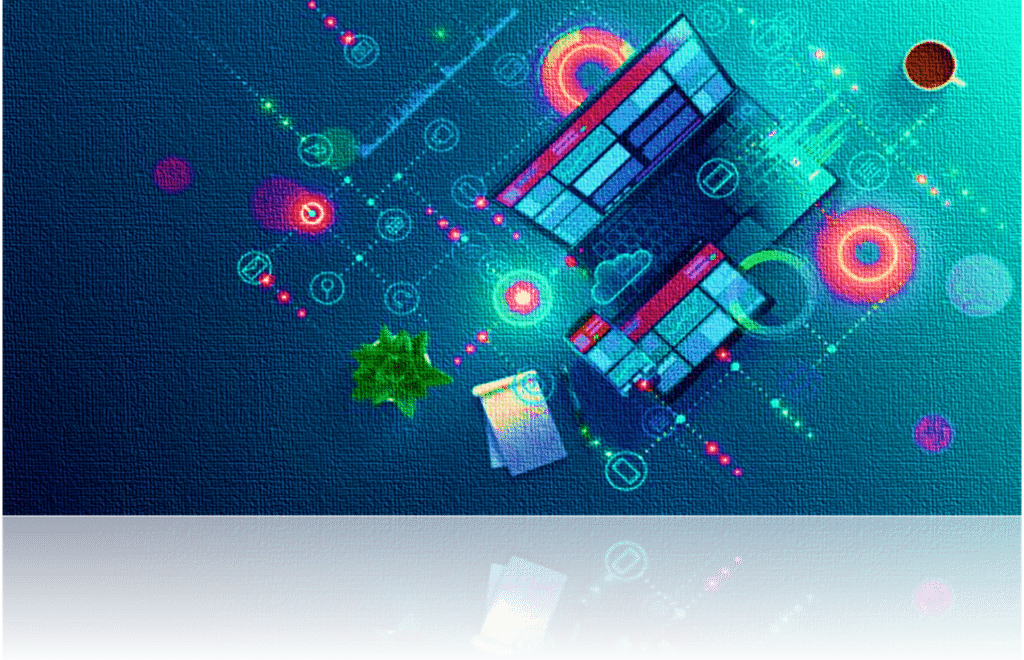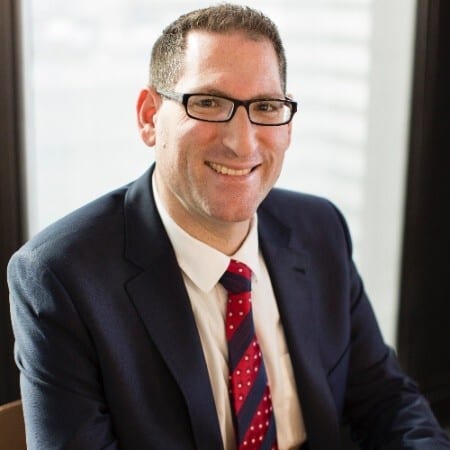- About Us
- Services
- Industries
- Resource Centre
- Locations
- Contact Us

In techno-legal terms, Computer Implemented inventions (CIIs) may be understood as inventions which involve the use of computers, computer networks or other programable apparatus. This may include such inventions in which one or more features are realised by means of a computer program or programs such as a smartphone app, a website, or a device or a system that uses software to perform various functions. So, it has always been the burning question - whether software-implemented inventions can be patented? Well, the answer to this question is neither short nor simple. The position on this is still evolving on the basis of interpretations given by the Courts in various recent patent cases. It also depends on exactly where the novelty of the invention lies. To know the answer to the above question, let’s first understand what the Patent laws have to offer on CIIs.

Patentability of CIIs has always been a question of what case law decisions say is patentable and what is excluded from the scope of patentability in patent legislation. Not just in Australia, but also in many major jurisdictions such as US, Europe, India etc., the literal meaning of the language of the Patent laws leave a lot of scope for different interpretation of patentability of CIIs. In many instances this is because technology moves much quicker than Patent Legislation and the legislation in many instances cannot anticipate the types of technological inventions developed. In most cases, two propositions are considered :
However, the language used in the Patent laws for defining patentable or non-patentable subject matter is quite broad. Decisions of the Courts lay down the guidelines or the criteria, for determining whether a computer implemented invention can be a subject for patent. For example: In US, the US Supreme Court considered similar patentable subject matters in Alice Corporation Pty Ltd v CLS Bank International issued a decision issued on 19 June 2014 in a landmark judgement. It established a two-part test to determine if a software-based invention was unpatentable under US Patent Law (35 USC Section 101) for claiming ineligible subject matter.
Similarly, in Australia, the patent law does not describe in particular patentable subject matter. It simply talks about exclusions of Human beings, and the biological processes for their generation being not patentable inventions.
Here, the eligibility of a subject matter for patentability is defined by the Section 18 (1) of the Patents Act 1990 that:
an invention is a patentable invention for the purposes of a standard patent if the invention, so far as claimed in any claim is a manner of manufacture within the meaning of section 6 of the Statute of Monopolies;
This definition has been narrowed down by interpretations of the Court over the years, to bring more clarity to the statute. In 1959, the Australian High Court decided, in National Research Development Corporation v Commissioner of Patents [1959] HCA 67,
…that a process to fall within the limits of patentability, must be one that offers some advantage which is material, in the sense that the process belongs to a useful art as distinct from a fine art—that its value to the country is in the field of economic endeavour.
This basis was reused in a case of Research Affiliates LLC v Commissioner of Patents [2014] FCAFC 150 that shed some more light on patentability of business methods and software in Australia. In this case, the Court concluded that “In the context of the claim, the significance lies in the content of the data rather than any specific effect generated by the computer. The computer-implementation is an essential integer of the claimed process. That is, of course, important. It is of particular importance in the assessment of, for example, novelty and infringement. However, in examining whether a claimed invention is properly the subject of letters patent, it is necessary to look not only at the integers of that claimed invention but also at the substance of that invention.”
In the above case, although it was held that the claims had no patentable subject matter even after referring to computer use, the court strongly supported the patentability of the computer implemented inventions. By giving clear recognition and support to the decision, the Court maintained the law that where a computer is “inextricably linked with the invention itself”, then claims to software are and remain patentable in Australia.
In a recent case, the question of ‘patent eligibility’ for computer implemented inventions was discussed again in the Australian Federal Court decision of Commissioner of Patents v Aristocrat Technologies Australia Pty Ltd [2021] FCAFC 202. The decision of the Full Court is an appeal by the Commissioner of patents from Burley, J at first instance who found that Aristocrat’s claim to an electronic gaming machine (EGM) and feature game was patent eligible (i.e., a manner of manufacture).
Even more than the decision, it is important to note that in this case, the majority of the Full Court, comprising Middleton and Perram JJ, relied on an approach to determine ‘patent eligibility’ for CIIs, which involved two questions:
Although, the principles for assessing the eligibility of computer-implemented technology were laid down in the above case, assessing eligibility and other aspects of patentability still remains a grey area. We hope to get some clarity on this subject in coming years as more such matters are decided by Courts.
So, to conclude it can be said that, while software or a computer program per se is not literally patentable, however software could be patentable if there is an advance in computer technology and the patent application is drafted correctly. Pure business methods however are unlikely to be patentable. This signifies one of the many reasons why hiring a professional patent attorney is so important, especially for software-related inventions.
Therefore, if you are working in Artificial Intelligence, Machine Learning, Cryptocurrency, Space tech, fintech, Edutech, Proptech domain and you are unsure about filing a patent application, contact us today. The attorneys at IP Guardian are experienced at handling this subject matter and can assist you in protecting your Intellectual Property.

Registered Patent and Trade Mark Attorney with significant experience obtaining all forms of registered intellectual property. I hold a Bachelor of Science in Engineering, a Masters of Business Administration and a Masters of Intellectual Property. I’m passionate about showing my clients how they can protect their brands through trademark registrations.
I found them online and initially I was bit hesitant to talk to them about my problem but when I spoke to Barry, I felt more comfortable, and he gave me all the information and advice I wanted without even thinking that I am going to give him business or not. Finally, I went with them, and they made the entire process so smooth and easy for me. john was keeping us updated with each step he was doing. I would recommend these guys for any patent or trademark related service.
I would like to express my thanks to Barry and his team at IP Guardian in Sydney for their assistance with our recent Trademark application. Barry was highly professional, readily available throughout the process and clearly communicated expectations. Barry even helped us refine our application so that we had a greater chance of success which was very much appreciated to avoid extra costs. I would highly recommend Ip Guardian for all your Trademark and Intellectual Property needs.
Barry, last week, you and your professional team, made my year (or probably my next 21 years). So thank you so much for your executive, calm yet very effective actions under extream pressure. Elias Hajjar, Director, TROLLEYON PTY LTD
Informative, understood the business, what it needed and answered questions in a friendly and approachable manner. Easy decision to continue working with IPGuardian for future trademarking
From the day I contacted Barry Meskin until now with my silly amateur questions, he has been nothing short of amazing. I actually NEVER leave reviews anywhere, but I felt the need to do so for Barry and his team. I myself am a tradie, so I felt intimidated speaking to an attorney. But the second I spoke to him on the phone, he made me feel right at home. Never pressured me into any decisions, yet when I decided to go ahead with him, he delivered what I needed much quicker than what I was expecting. I cannot speak highly enough of him and recommend his services 100%.
The team at IP Guardian have made the process extremely straight forward and easy for us to understand exactly what was required. I will highly recommend to our clients who need help with IP.
I have dealt with Barry over the years, his advice and experience has helped me greatly. Looking for to working with him and his team again. Maher.
IP Guardian helps protect words, symbols, letters, numbers, names, signatures, phrases, sounds, shapes and smells. Yes, I said smells.
We've had the pleasure to work closely with Barry for many years. He has been exceptional to deal with and has a keen focus in providing a commercial led IP "go to market" strategy for start-ups and well known brands. Makes it easy and always advises on different ways to navigate through the IP process.
Barry Meskin @ IP Guardian is an experienced and extremely knowledgeable expert in the domain of intellectual property, patents and trademarks. In addition he has been extremely responsive and very professional in all our dealings. I wholeheartedly recommend Barry's services to any business or anyone seeking advice in this area - great quality and great value.